Fort Benning
U.S. Army Fort Benning and The Maneuver Center of Excellence
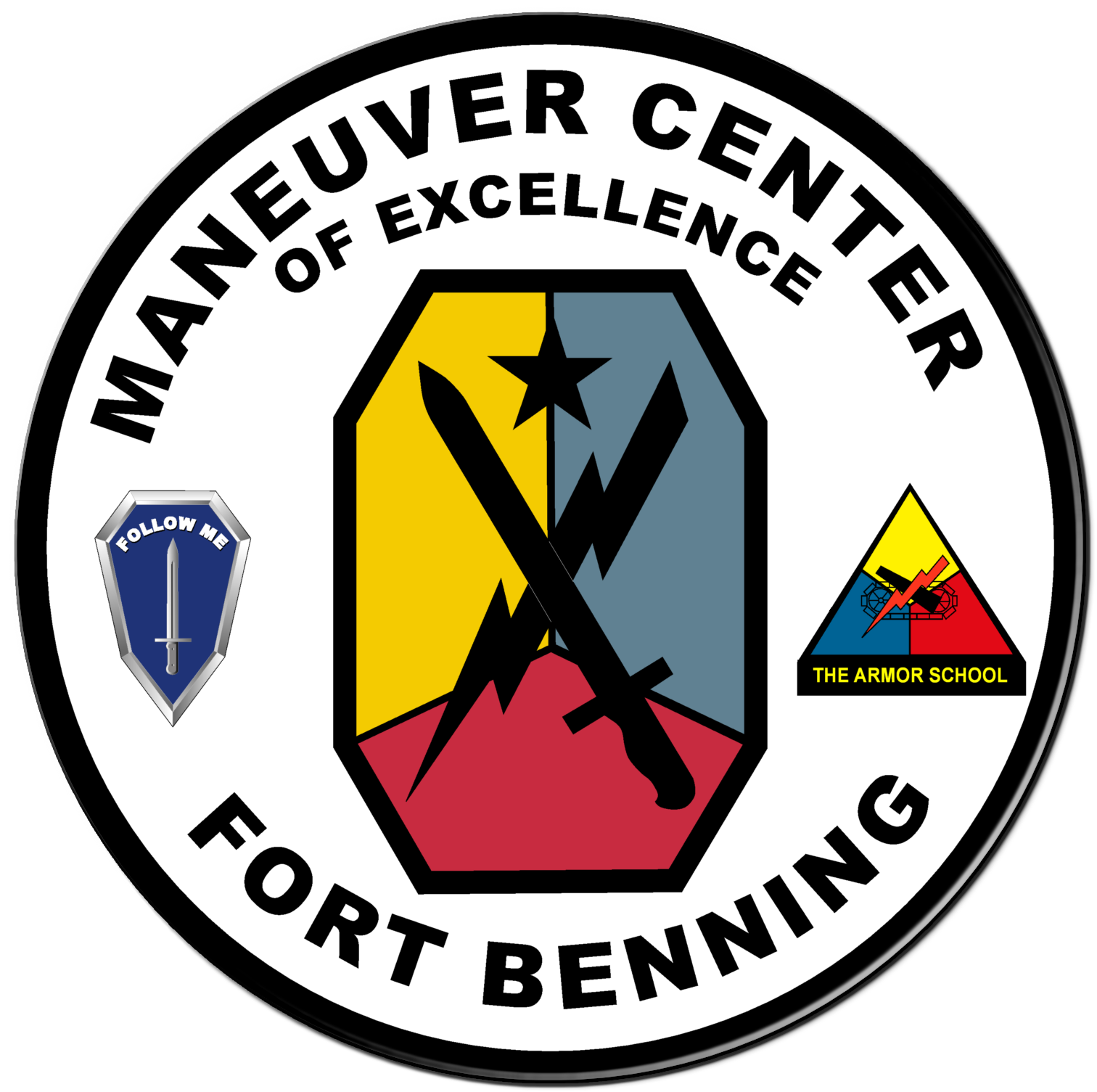
Making a Tanker
We followed seven recruits as they traveled the path from civilian to Soldier.
This is Pvt. Christian Braaten’s story.
His journey first begins at 30th Adjutant General (Reception) Battalion.
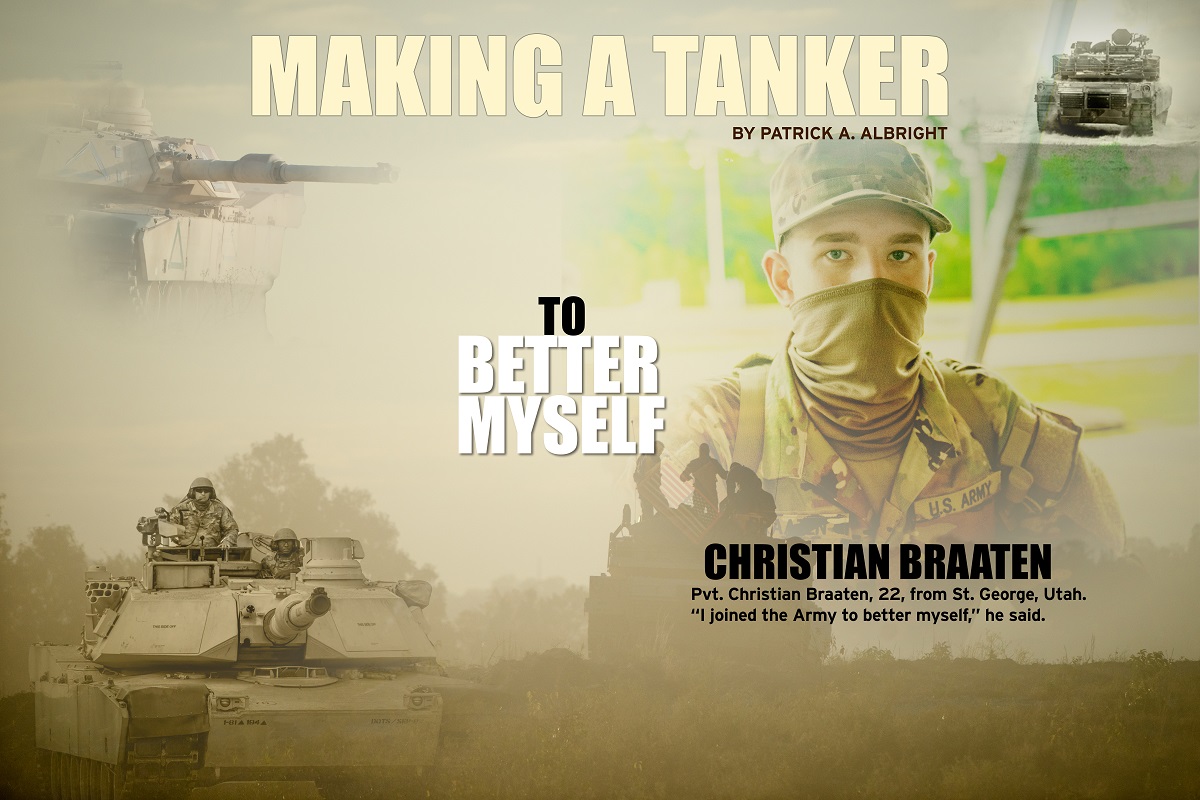
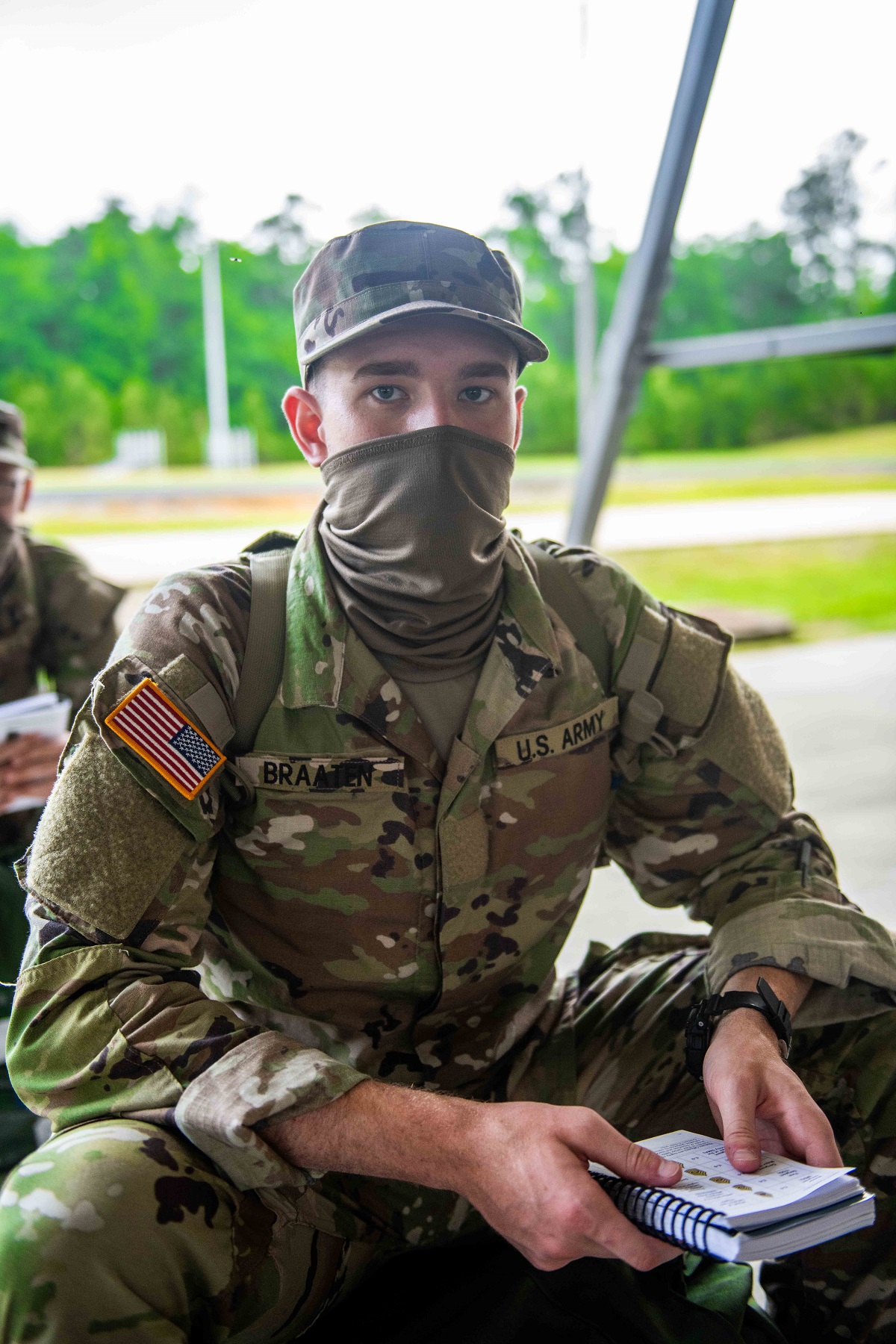
Braaten waits at 30th Adjutant General (Reception) Battalion on the first official day of Armor One Station Unit Training at Fort Benning, Georgia. Braaten joined to serve as a U.S. Army Tanker or 19 Kilo. He will spend the next 20 weeks here training.
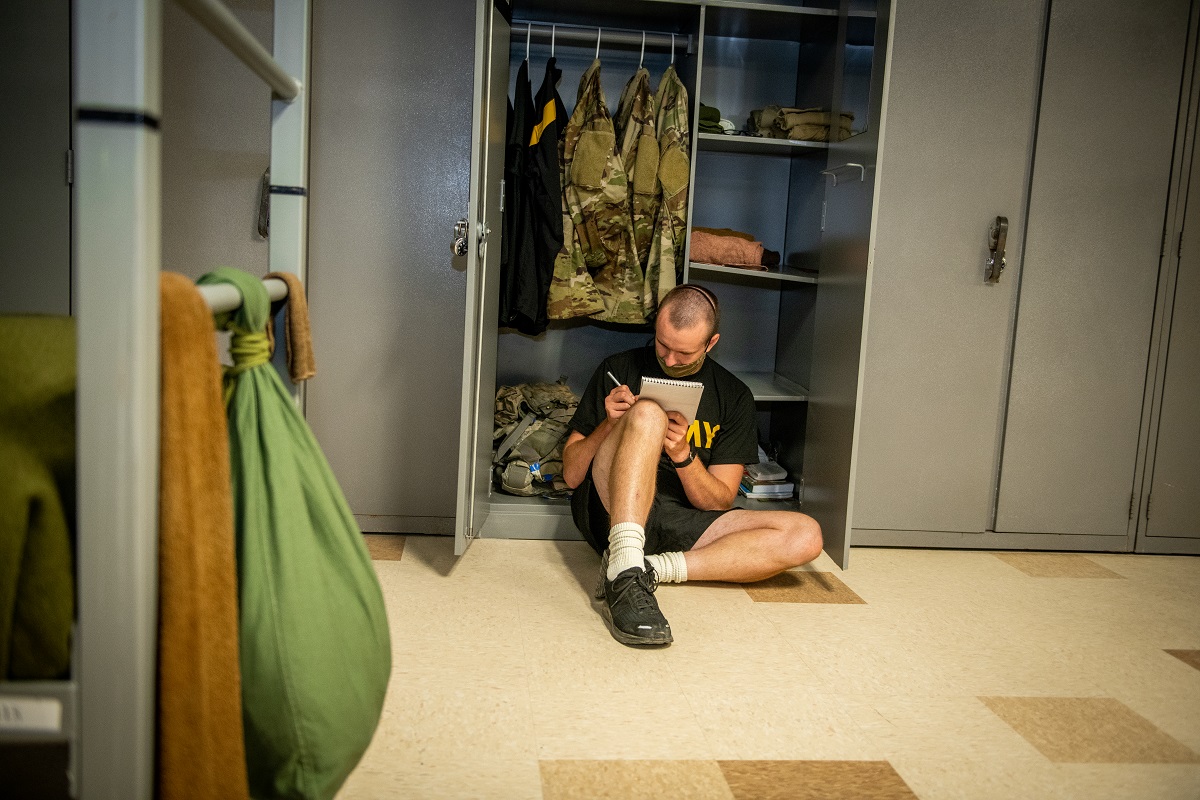
Braaten spends some of his personal time writing a letter. For 30 minutes daily trainees get "personal time" in which they can do what they choose. Generally the trainees spend the time washing clothes, writing or reading letters or cleaning weapons.
I’m writing one big letter to my mom, dad, brother, aunt and uncles. Since I don’t have everyone’s address I know this is one way to reach out to everyone.
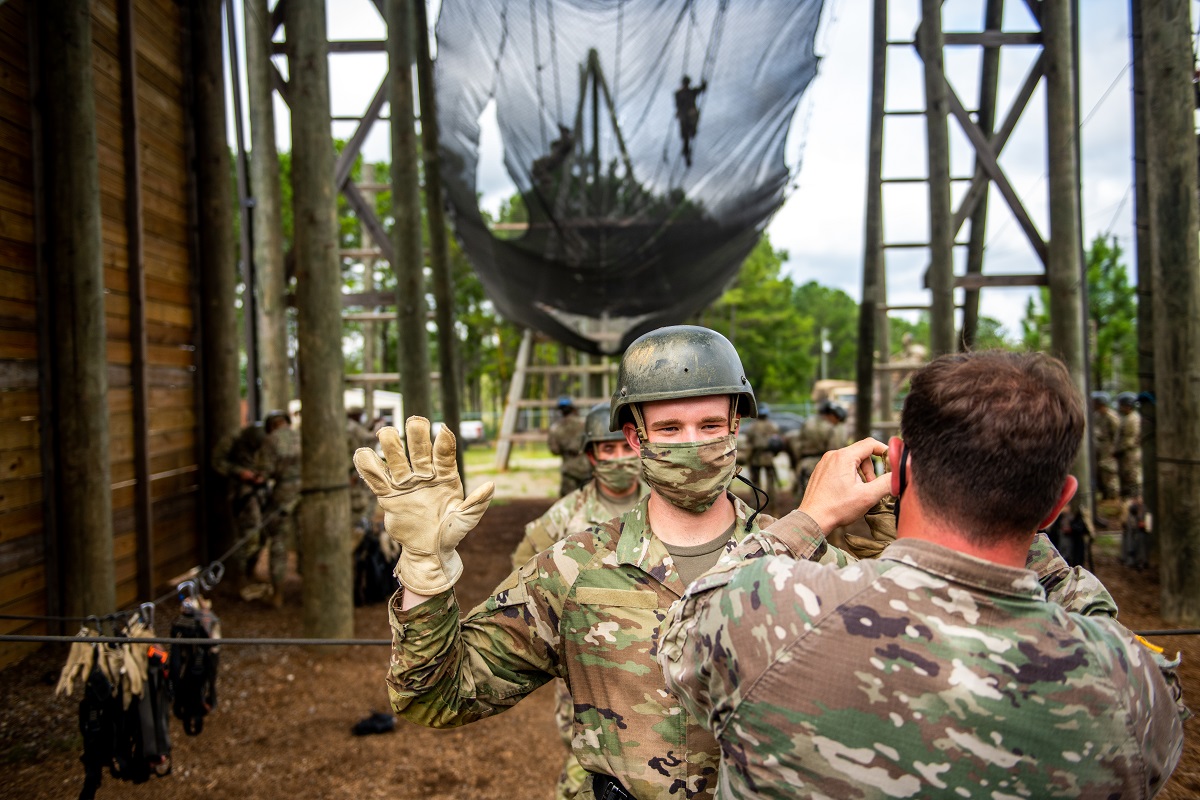
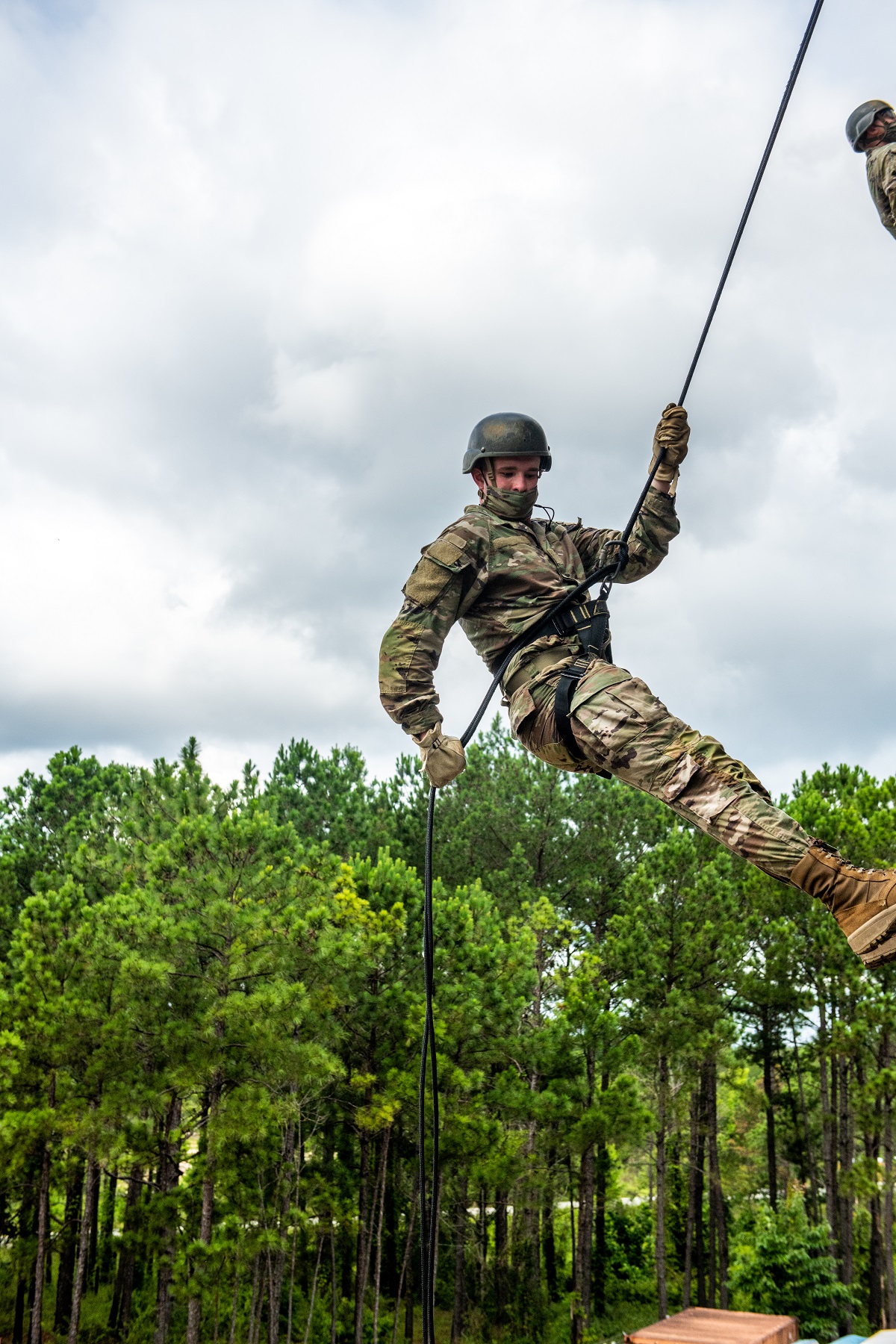
The trainees of Bravo Company, 1st Battalion, 81st Armor Regiment, negotiate the Confidence Tower on Harmony Church during training Week 6 of one station unit training. Rappelling the tower obstacle correctly is a graduation requirement for trainees.
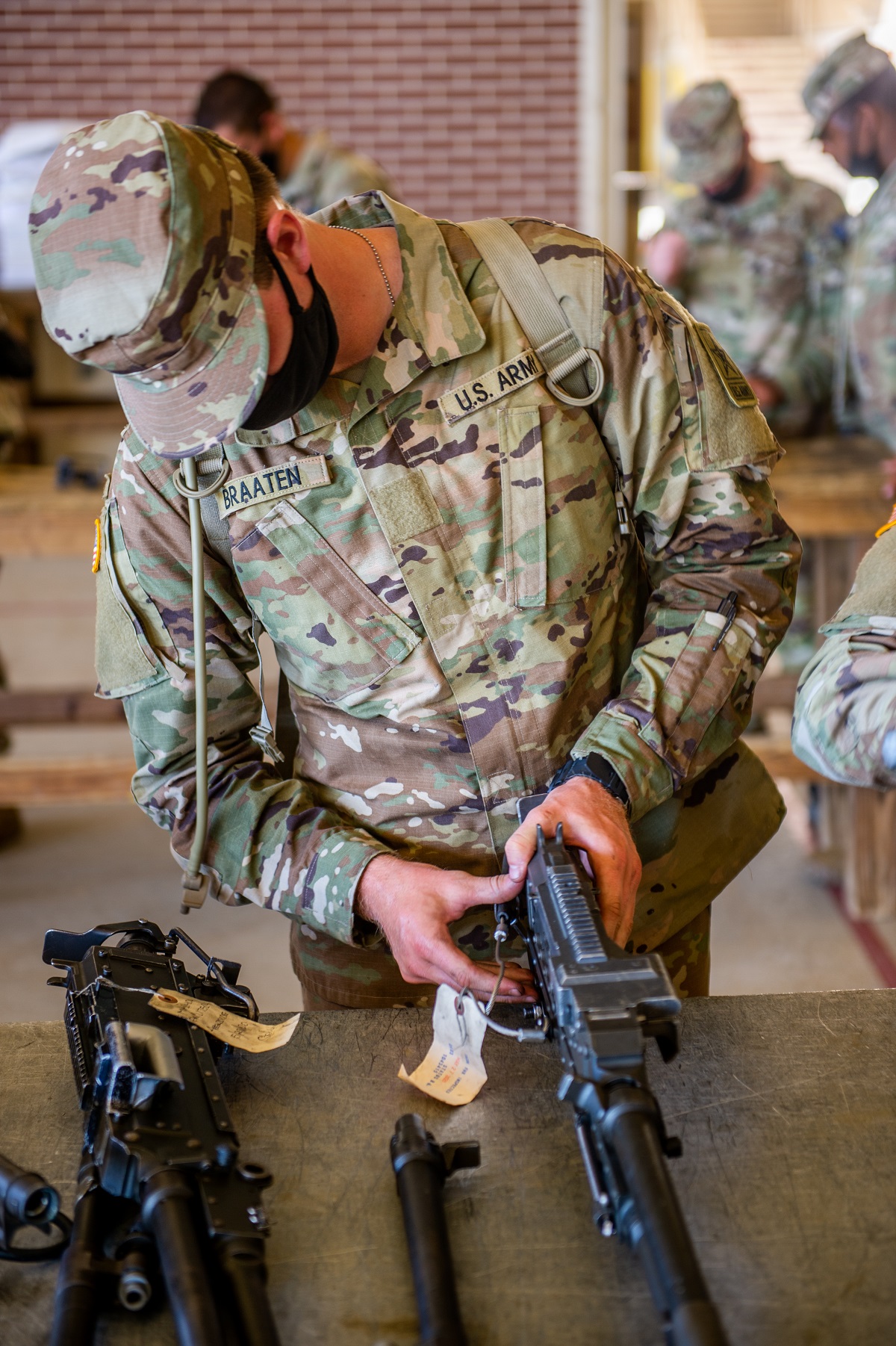
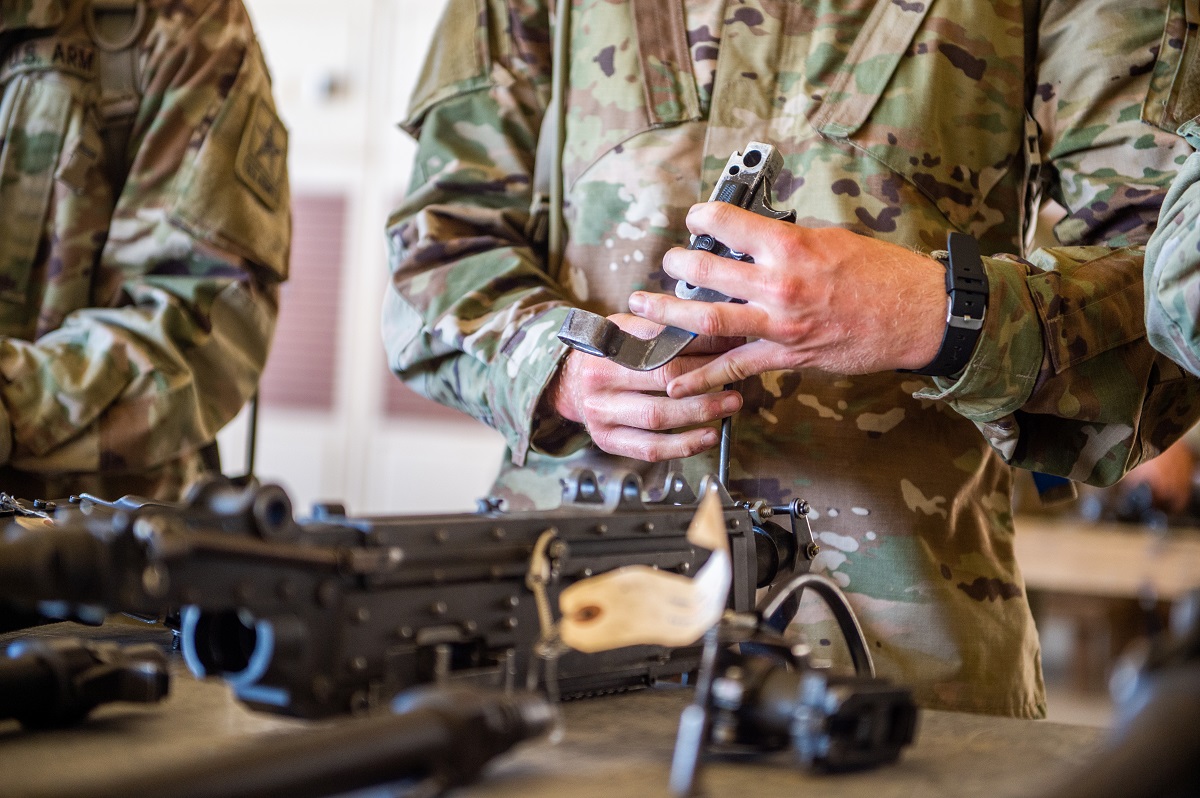
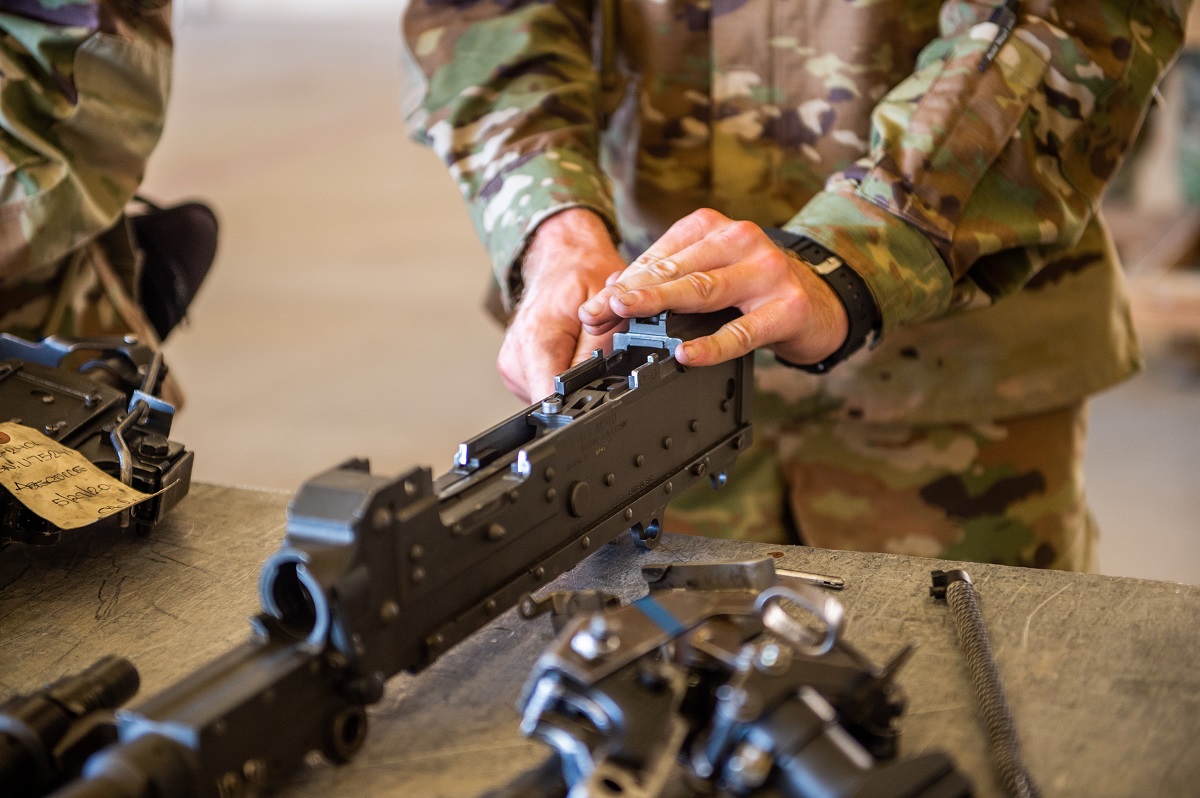
Braaten practices assembling and disassembling the M2A1 .50 Caliber Machine Gun. Trainees are required to break the gun down into eight major parts, adjust head space and timing, and reassemble the weapon.
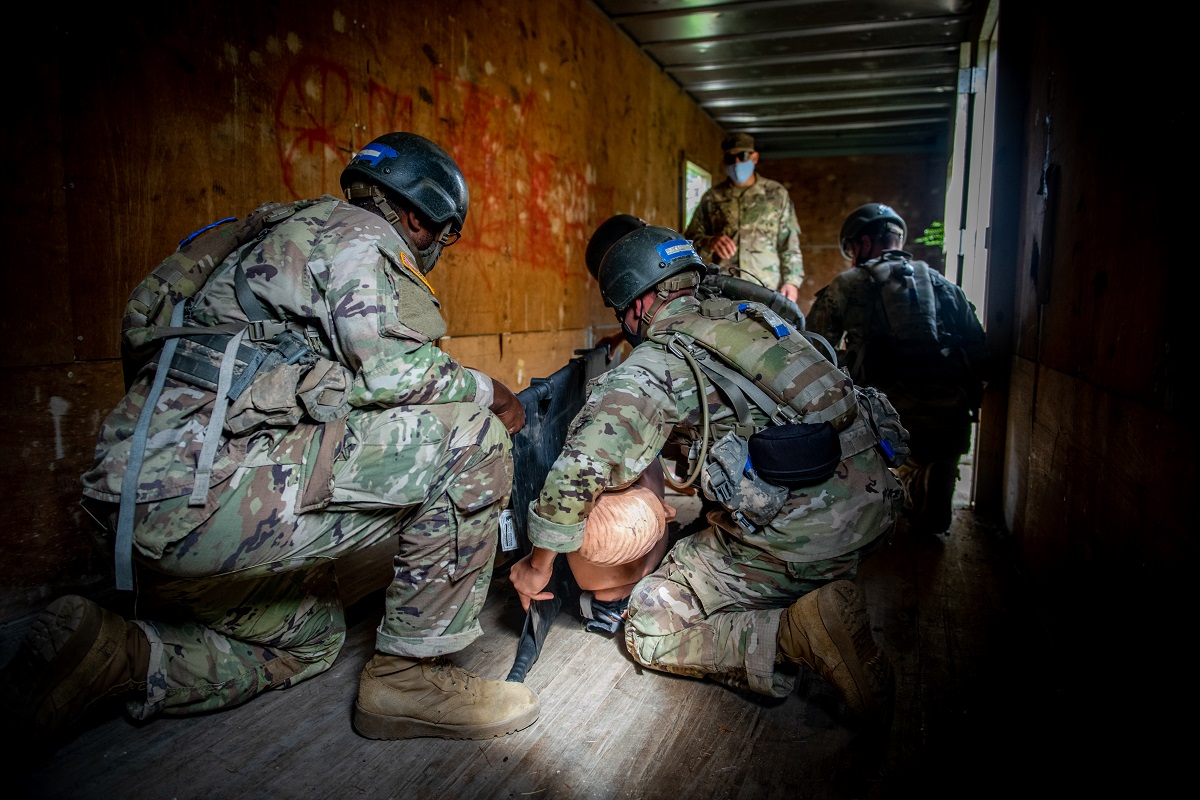
Braaten, right, works with fellow trainees to provide medical care and evacuate a casualty during a Tactical Combat Casualty Care exercise. The intent of this training is to reduce preventable combat deaths in a way that allows a unit to complete the mission while providing the best possible care for casualties.
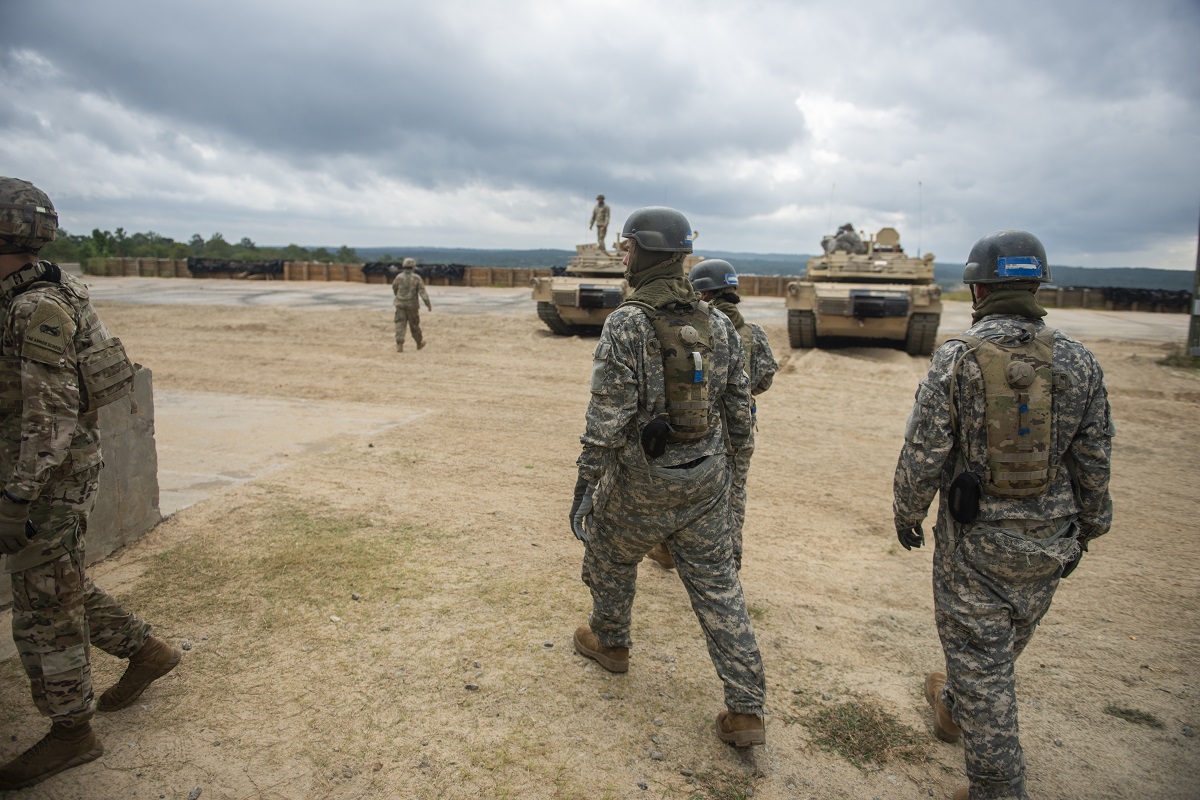
Braaten, left, and fellow trainees evacuate a casualty during the training.
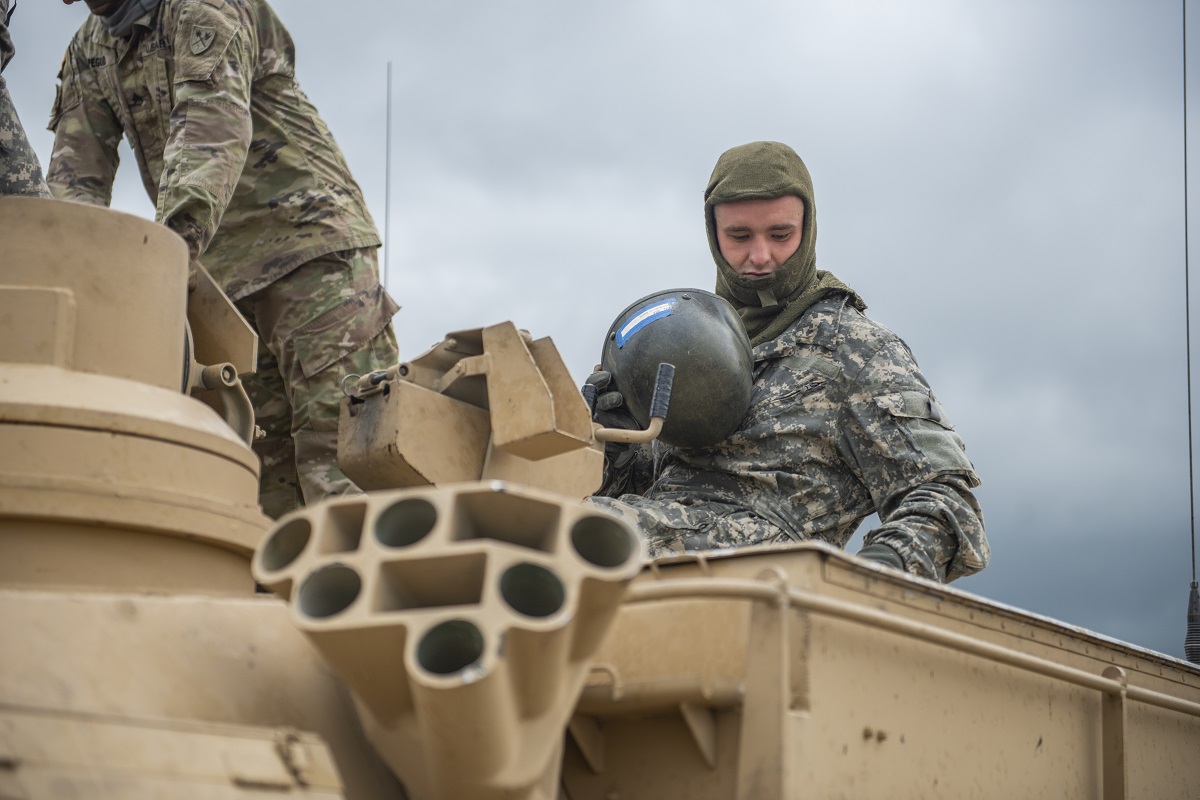
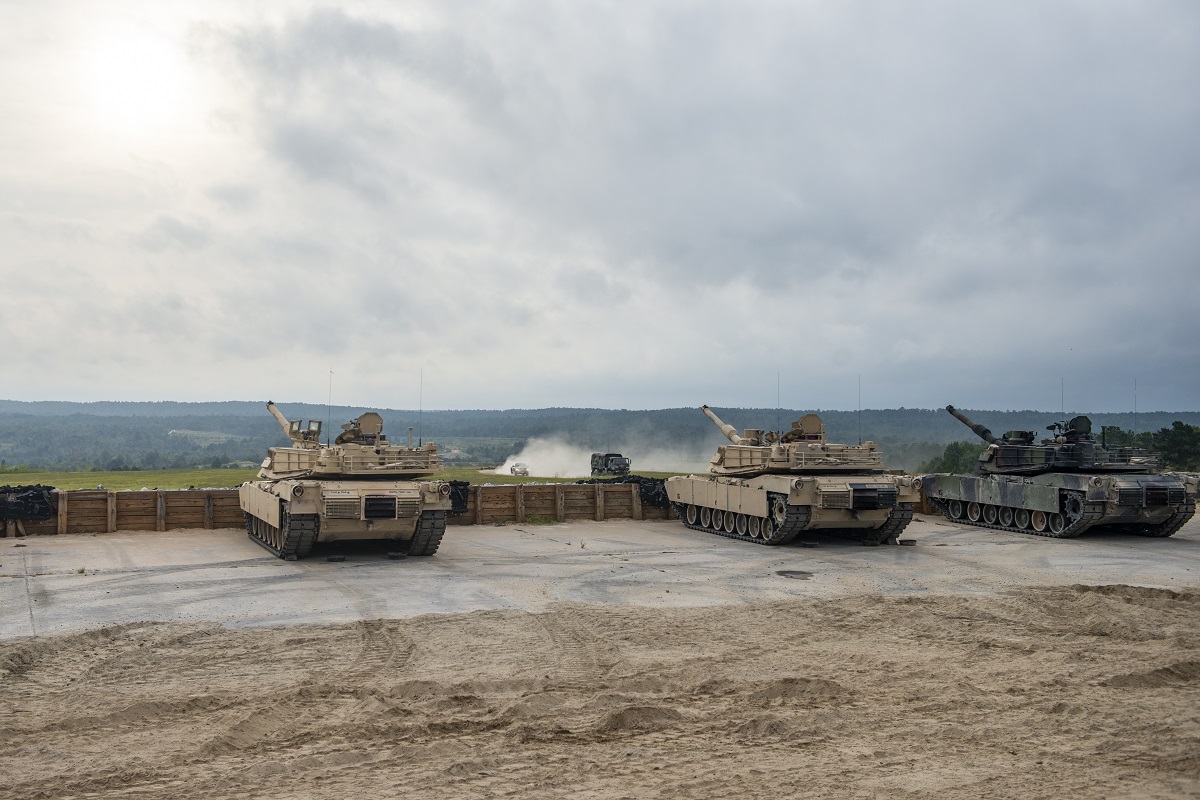
Braaten prepares to fire the M1 Abrams tank for the first time.
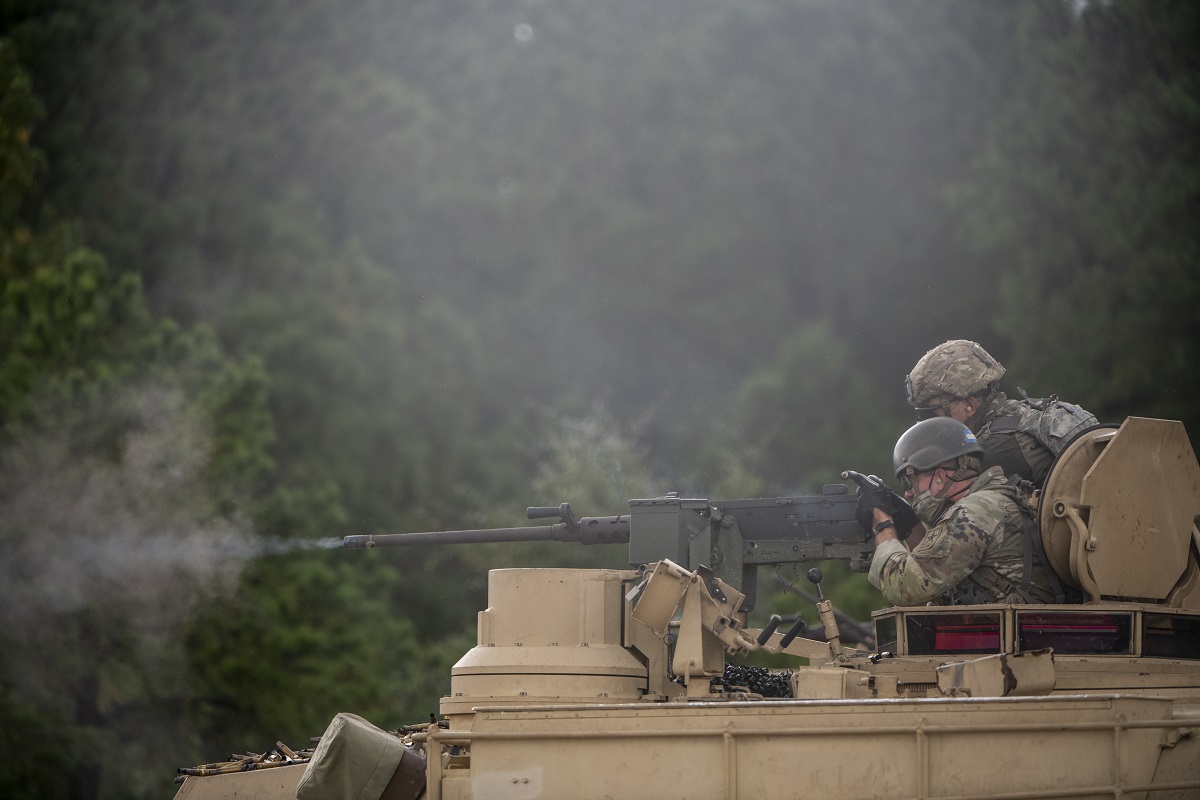
Braaten fires the M2A1 .50 Caliber Machine Gun on the U.S. Army's M1 Abrams Main Battle Tank. The M2 machine gun or Browning .50 caliber machine gun is a heavy machine gun designed toward the end of World War I by John Browning.
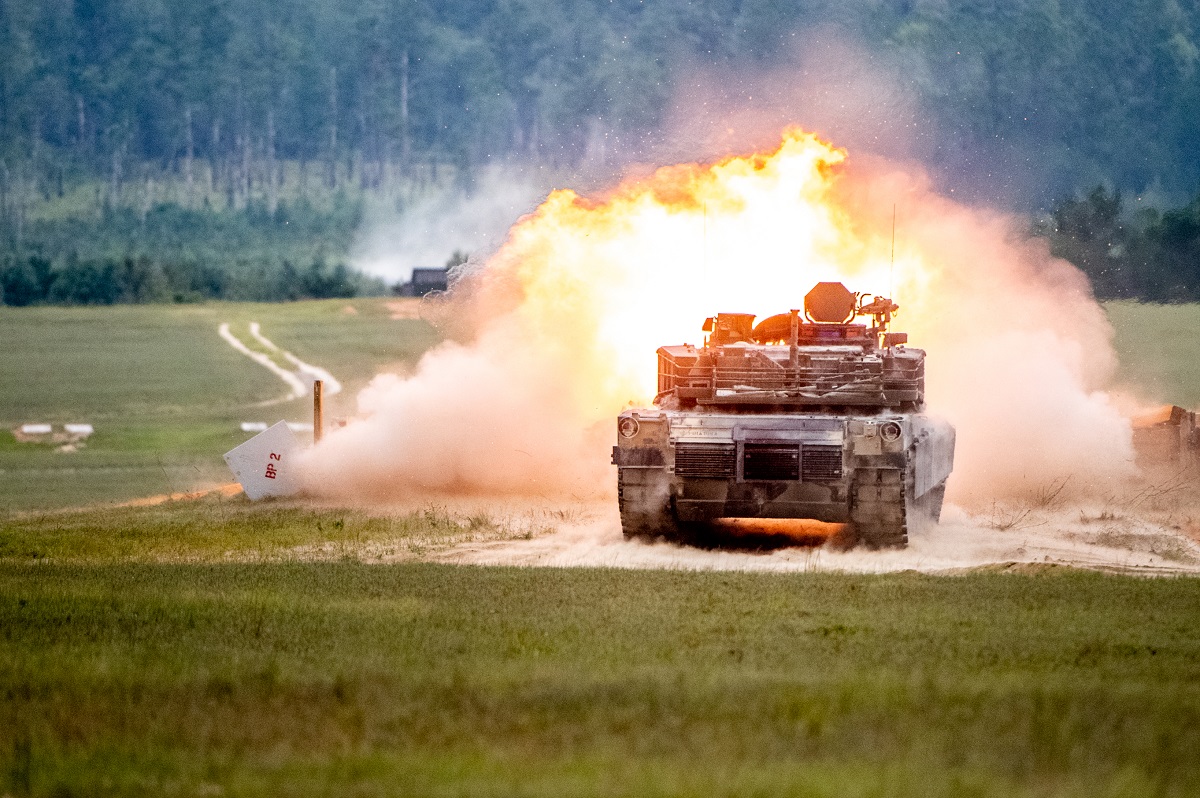
Braaten and the trainees of Bravo Company, 1st Battalion, 81st Armor Regiment, fire the main gun on the U. S. Army’s M1 Abrams main battle tank. The M1 Abrams utilizes a 120 mm smoothbore gun that fires a variety of rounds capable of destroying enemy armor from great distances.
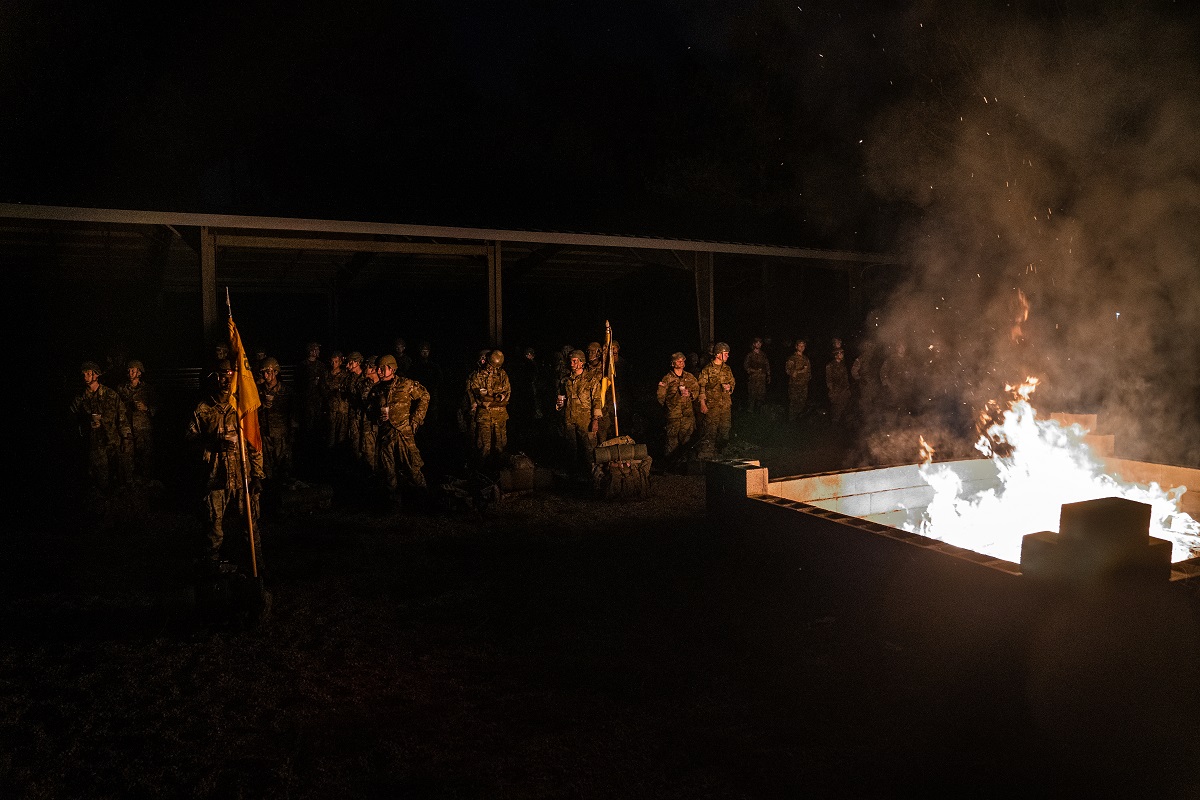
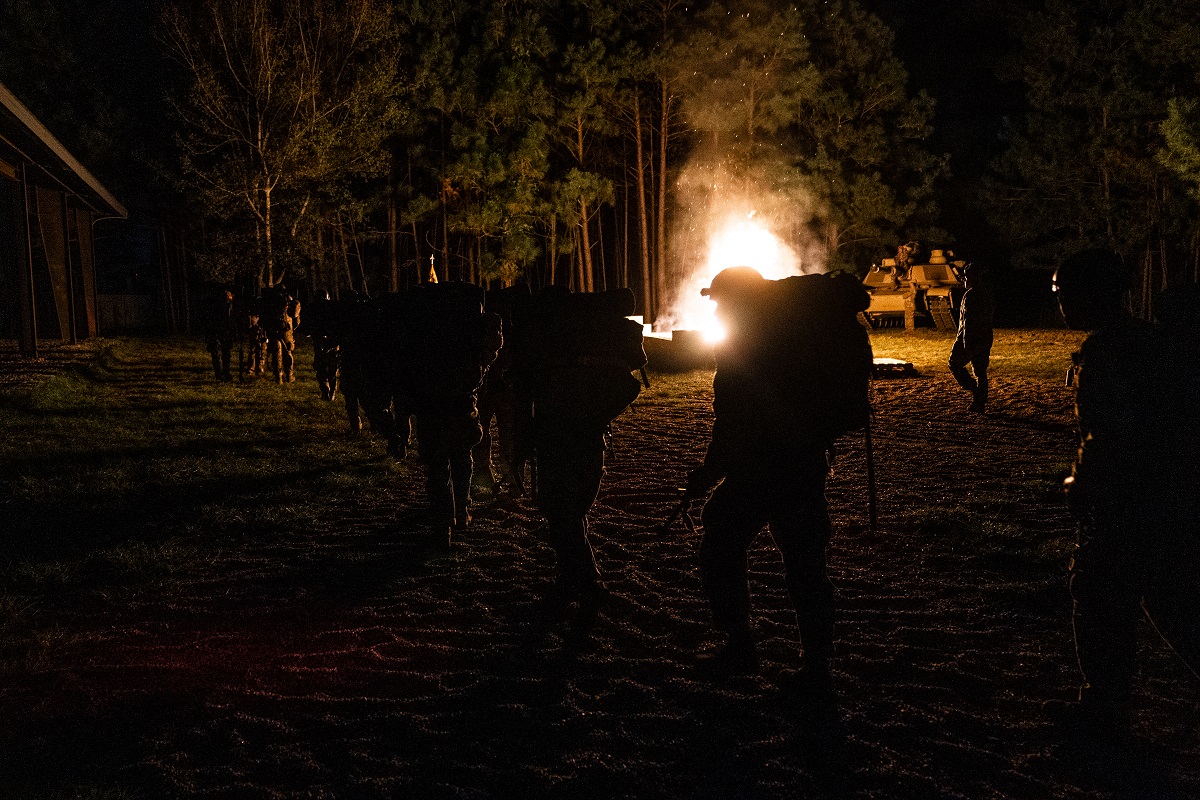
After a 12-mile ruck march, the trainees of Bravo Company, 1st Battalion, 81st Armor Regiment, receive their U.S. Army Armor insignia, at a transition ceremony on Harmony Church. The insignia features an M26 Pershing tank with its gun slightly raised, superimposed on two crossed cavalry sabers in scabbards.
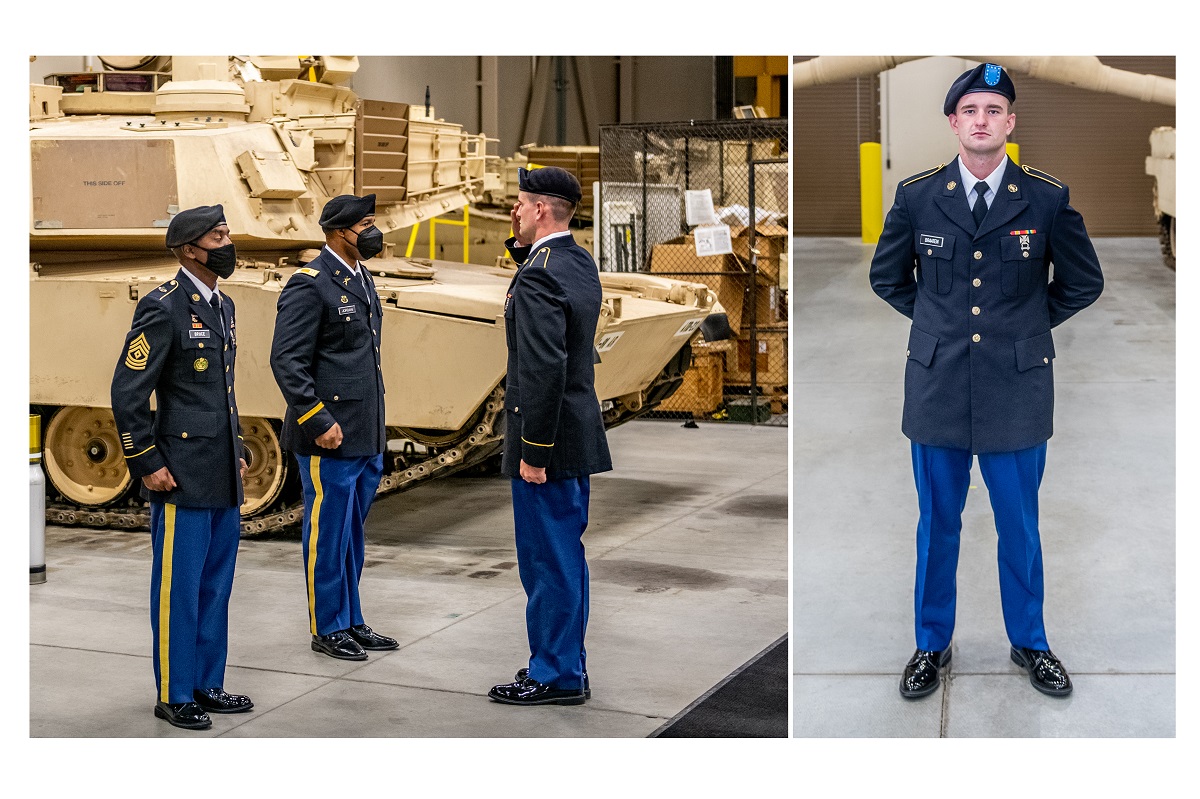
After 20 weeks of Armor One Station Unit Training, Pvt. Christian Braaten, along with the men and women of Bravo Company, 1st Battalion, 81st Armor Regiment, graduate. They are now officially 19 Kilos or U.S. Army Tankers. They will now join U.S. Armored divisions around the world.